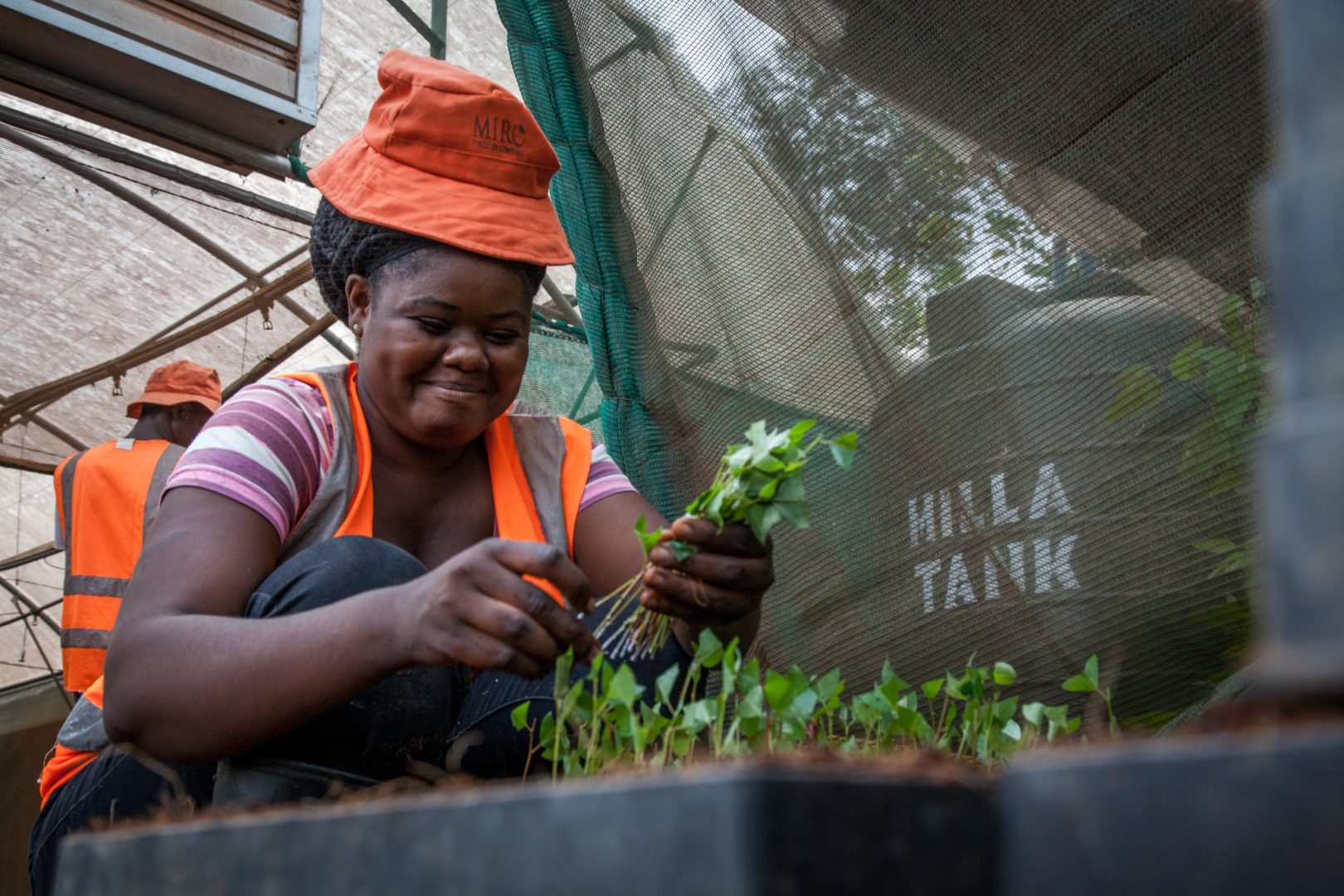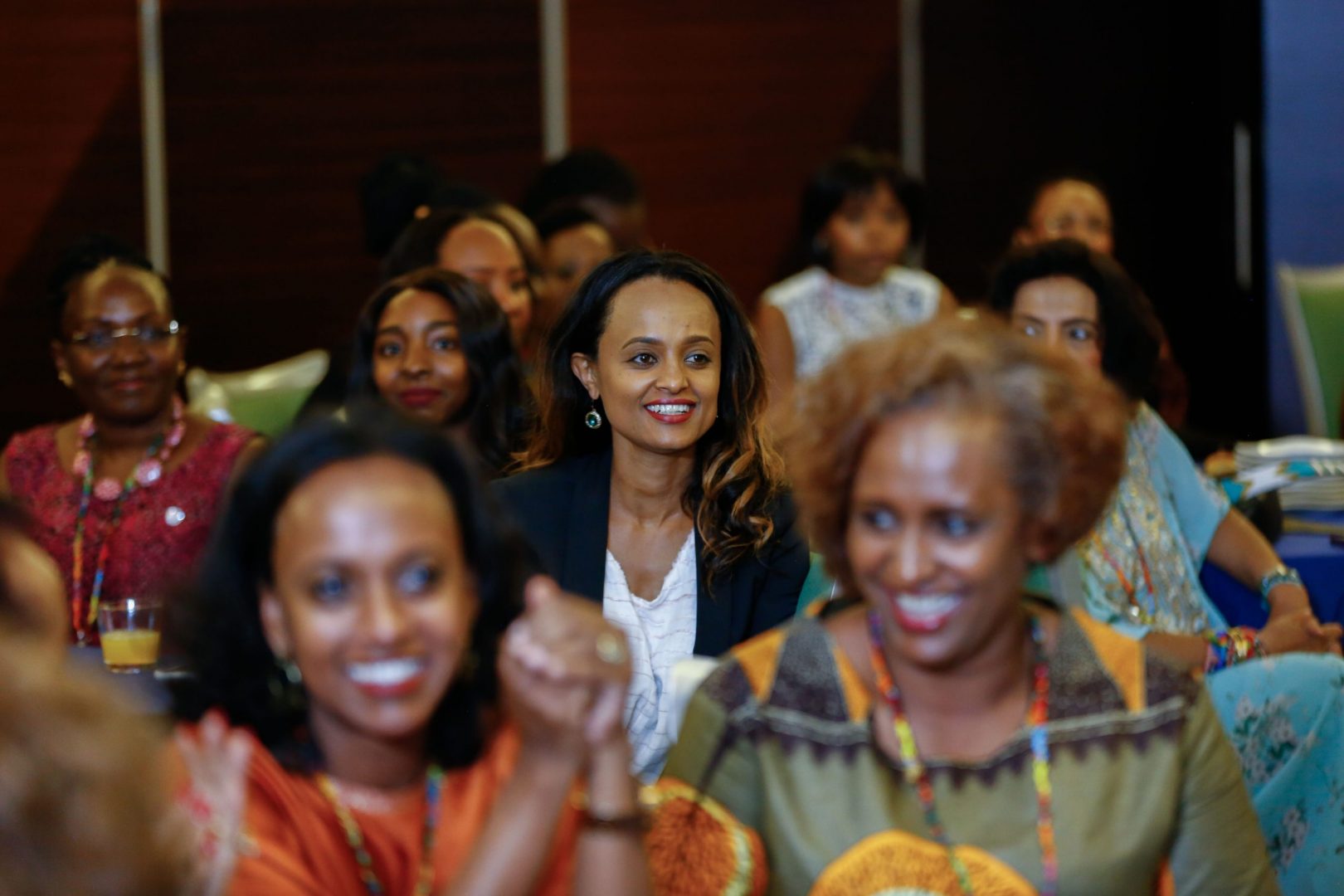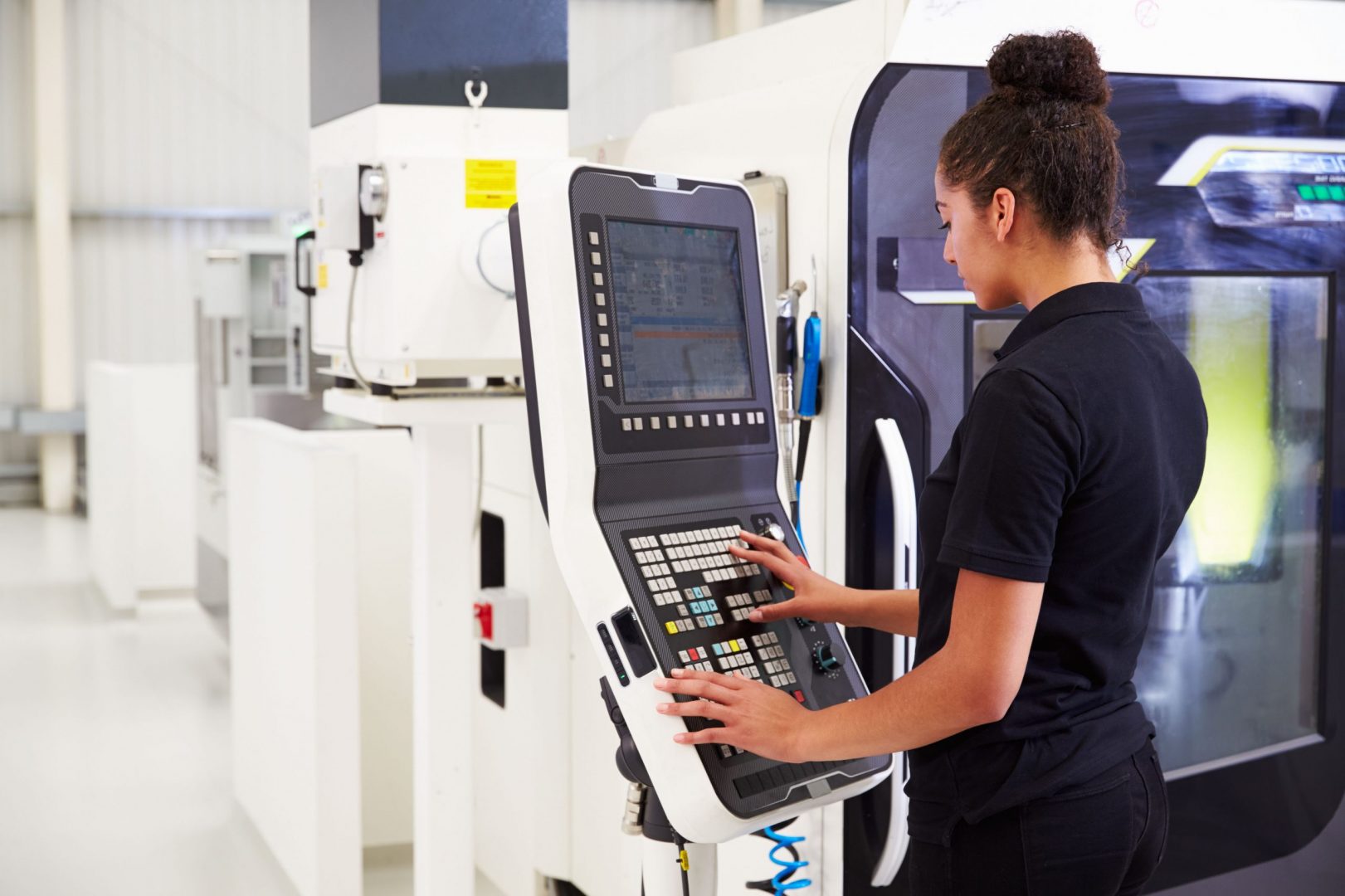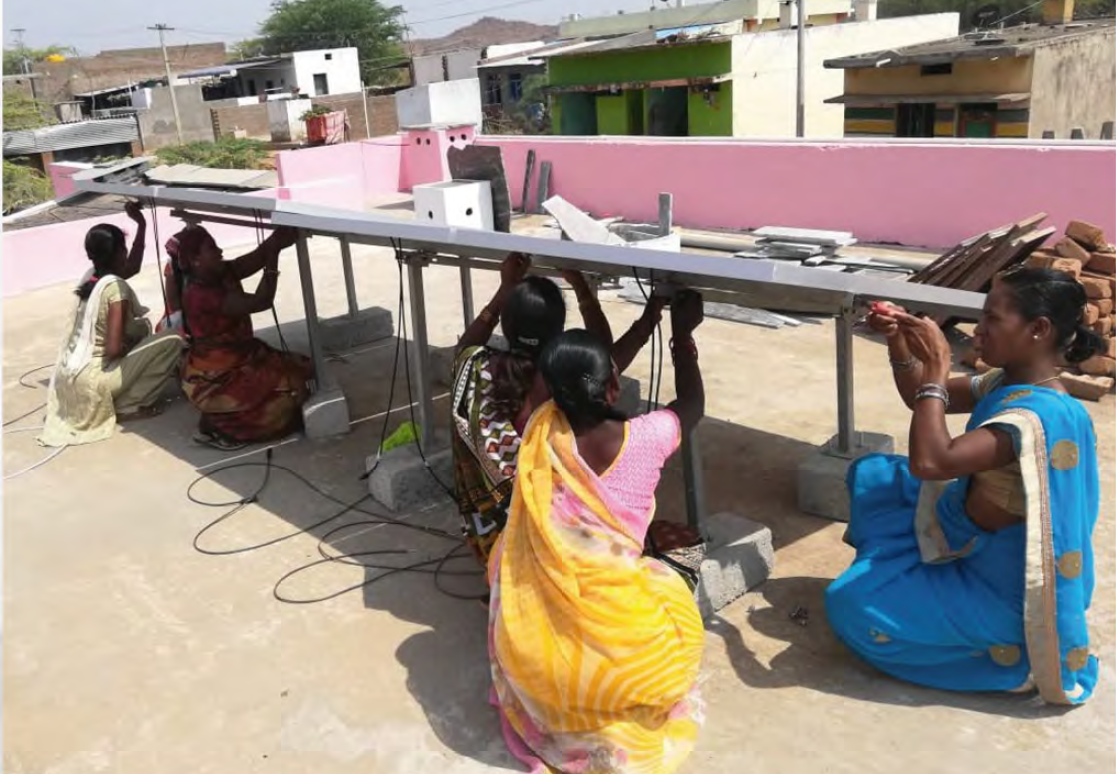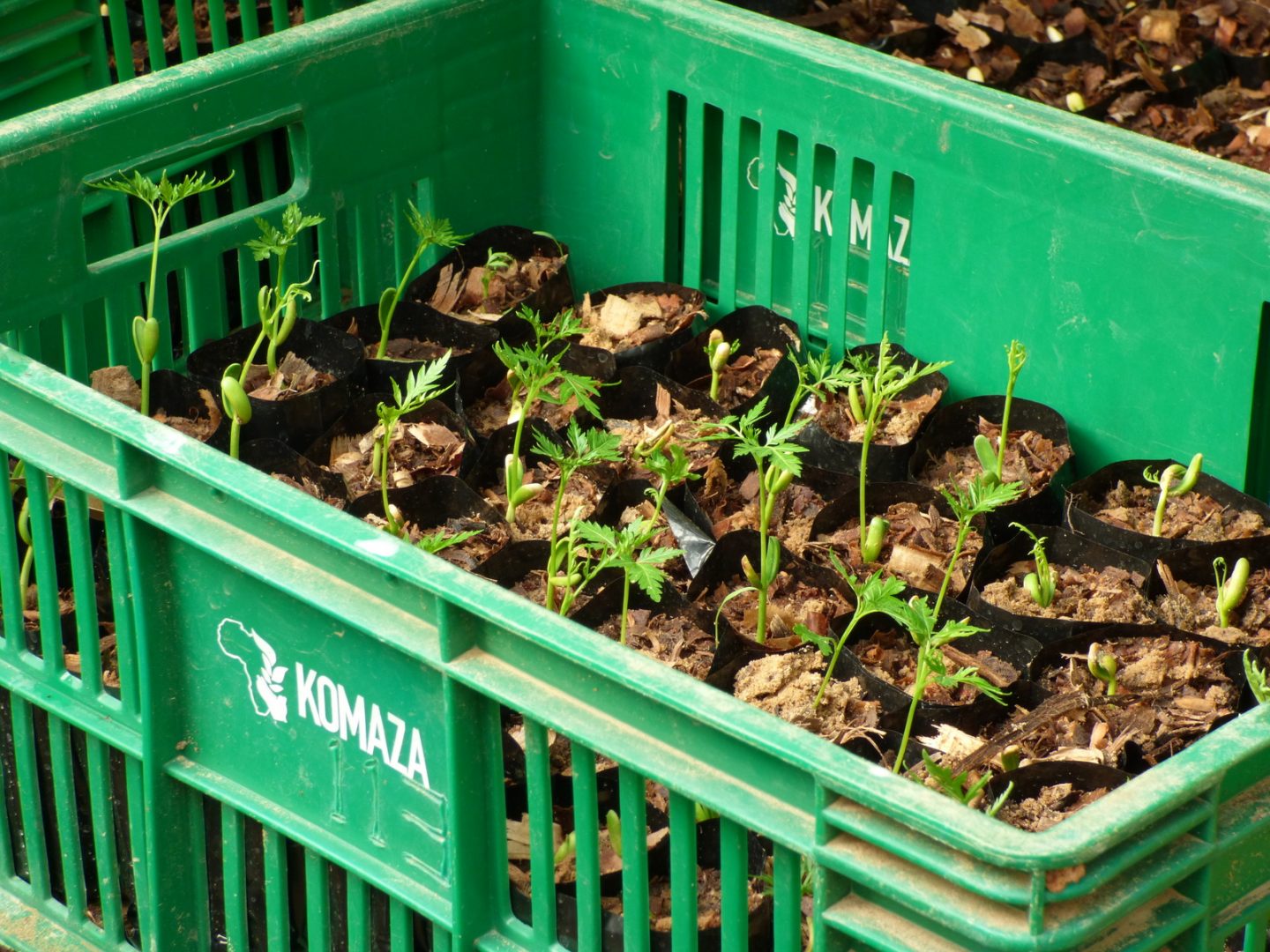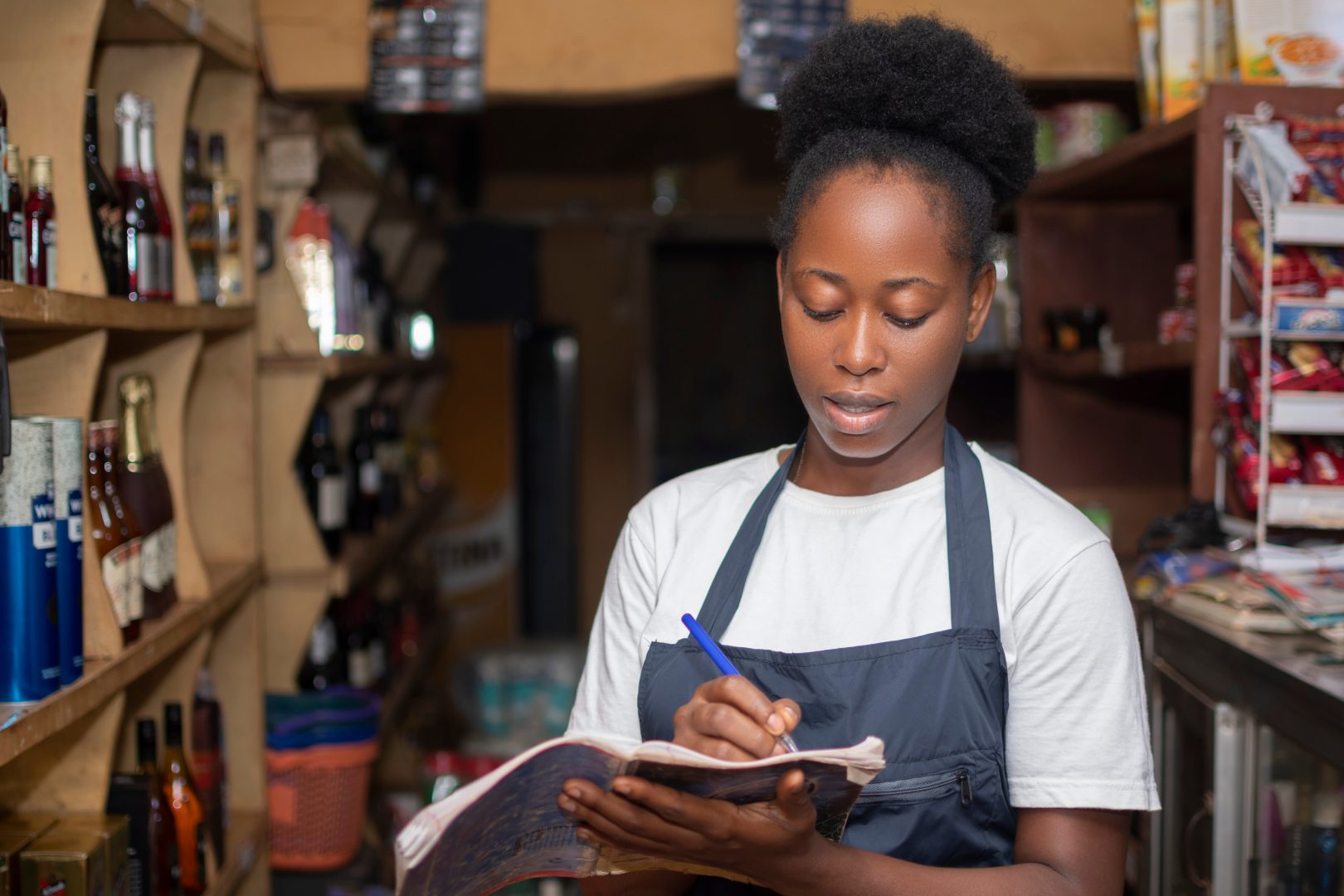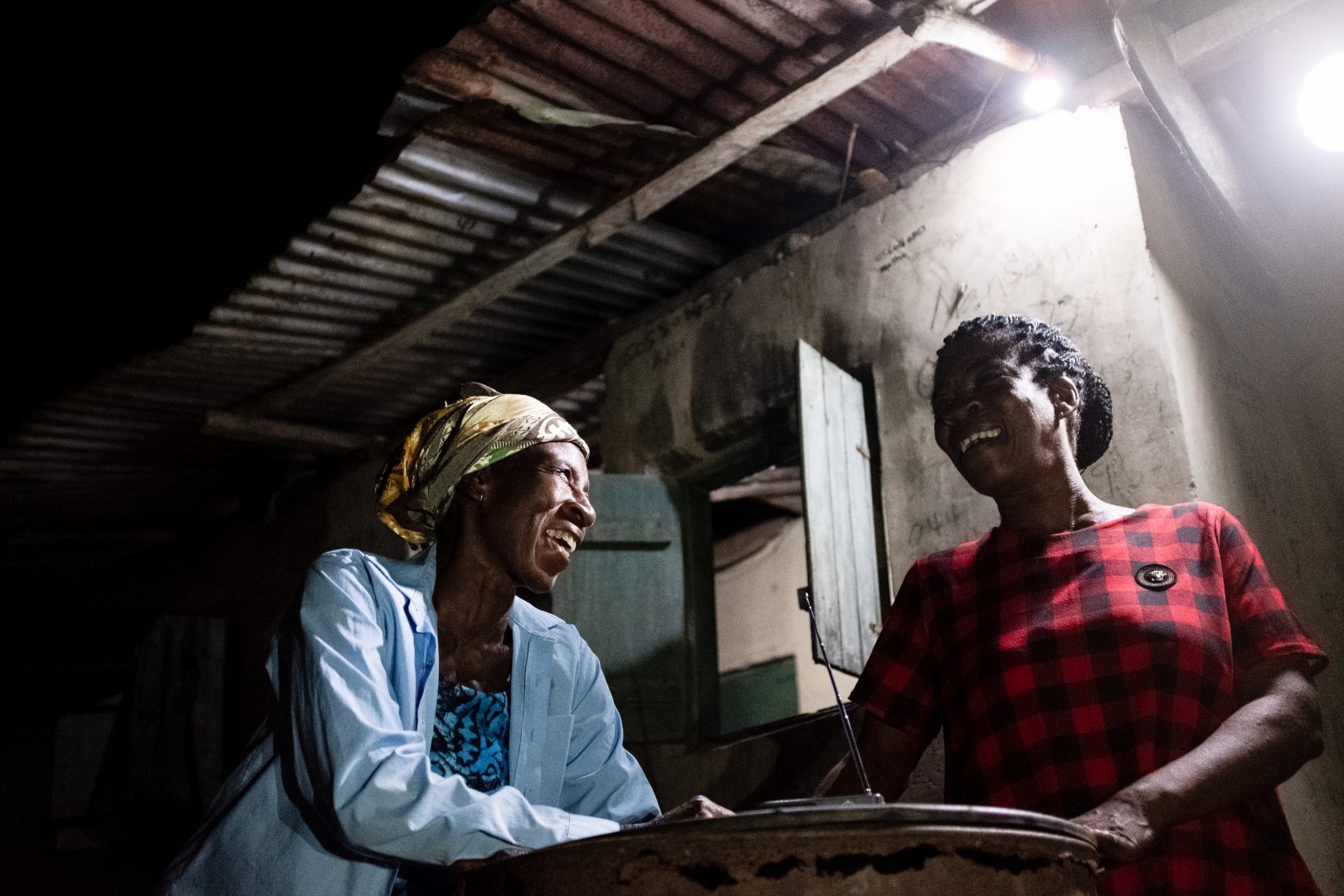The economic and social impacts of climate change affect men and women differently, especially in developing economies. Climate change disproportionately affects women, because it exacerbates existing gender inequalities. Globally, women are also more likely to live in extreme poverty and have less socioeconomic mobility, which can make it more challenging to adapt to the effects of climate change.
The role of women on the frontline of climate change underlines the value of their leadership and entrepreneurship in tackling the crisis. Channelling climate finance towards gender-smart investments empowers women of all ages to address the climate emergency and unlocks economic and social benefits for whole communities. That’s why our Climate Change strategy recognises the key role that women play in driving climate action in the private sector.
Accelerating gender and climate finance
At CDC, we’re developing tools and partnerships to enable investors to put gender and inclusivity at the heart of climate finance. Last year, in collaboration with DEG and EIB, we set up the 2X Climate Finance Taskforce. The initiative convenes development finance institutions (DFIs) and multilateral development banks (MDBs) to build expertise on how to strengthen gender-smart investments for climate adaptation, resilience and mitigation.
In March, we organised a webinar for fellow members of the taskforce. We heard from Dutch DFI FMO about their work supporting women entrepreneurs and leaders at the forefront of climate adaptation and mitigation. Their Rallying Cry project aims to amplify the voices of these women, to connect them with the investor community and the access to capital they need to grow and scale their businesses.
Supporting communities on the frontlines of climate change
In Kenya, Joyce Kamande, co-founder of agribusiness Safi Organics, knows first-hand the urgency of tackling climate change. Joyce says that the best way to find solutions is by listening to those directly experiencing climate change; especially the women.
“Ten years ago, we had a lot of food from our lands, but today, yields decline year on year.” Joyce explains. “We’re seeing soil degrading, decreasing yields and food insecurity all at once. Climate change affects all this. So there’s a lot that needs to be done, and I believe that the best people to approach for solutions are the women who are getting their hands dirty on the frontline.”
Female entrepreneurs of all ages are successfully pioneering solutions to tackle climate change. Joyce, for example, is under the age of 35. Her business, Safi Organics, decentralises and downsizes fertilizer production, making it possible for fertilizer to be produced in rural villages using locally available resources and labour. This approach drastically reduces fertilizer cost while offering farmers a high-quality product tailored to their soils, helping farmers to increase their yields and their incomes. The fertilizer produced is also carbon negative, as it sequesters carbon into the soil it is used on.
Providing equal opportunity for women, like Joyce, to participate in climate action and decision making at all levels will help accelerate climate change adaptation and mitigation, as well as close gender gaps. For impact investors, by ensuring that climate finance is gender responsive, it’s possible to tackle climate change and gender inequality at the same time, and at scale.
Looking ahead
In the run up to COP-26, we’re leading the production of practical, sector-specific guidance notes to help investors make green investments which close gender gaps across global industries. By tackling both challenges hand in hand, we intend to deliver lasting change in the countries we invest in and encourage other investors to do the same.
